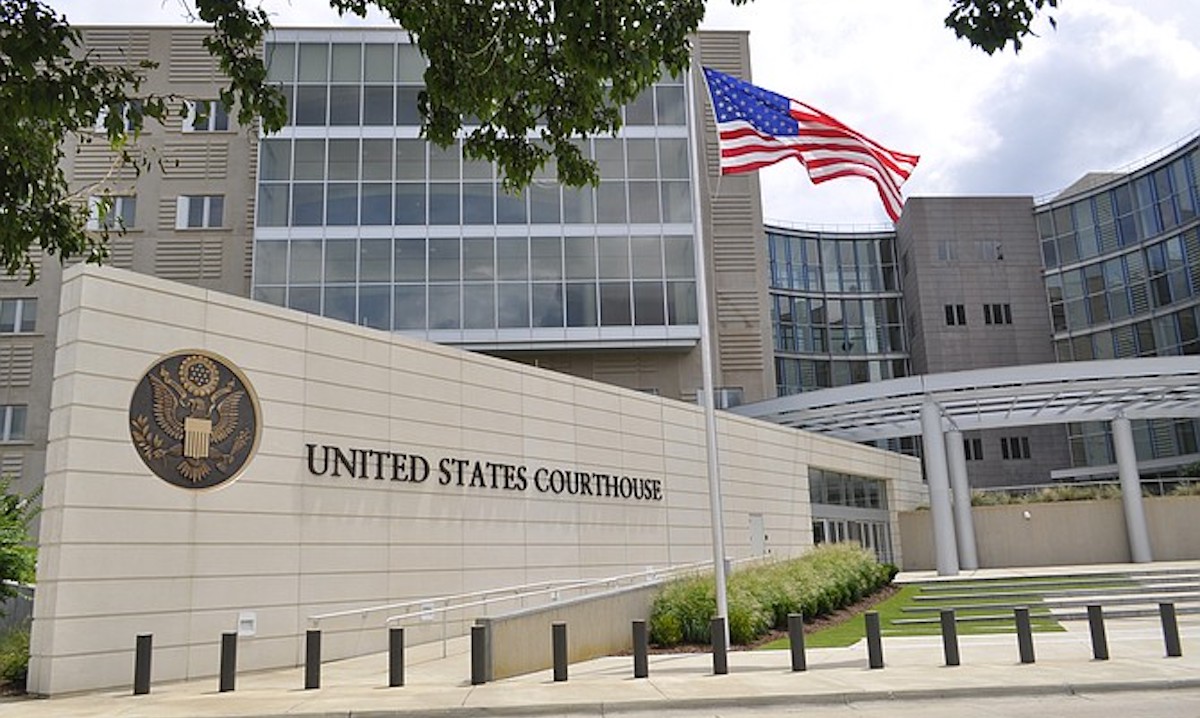Last Friday Judge Carlton Reeves held a status conference in the United States Department of Justice’s (DOJ) lawsuit against the State of Mississippi’s mental health system. We have requested a transcript of the conference and will share it with you when we receive it.
The State lost this lawsuit in September 2019 after a month-long trial in June 2019. In February 2020, Judge Reeves appointed Dr. Michael Hogan as Special Master in the case to help the two sides (US DOJ and the State of Mississippi) craft a remedy to address the problems that the lawsuit brought to light.
The 2016 lawsuit alleged that Mississippi failed to provide enough of the right kinds of support for people with mental illness to be able to live in the community if they choose to, which is considered a violation of the Americans with Disabilities Act. The case began with this 2011 letter of findings. The United States and the State of Mississippi engaged in negotiations from 2012 through 2015, at which time the negotiations failed. The United States then sued Mississippi in 2016.
At Friday’s conference, Judge Reeves asked Dr. Hogan and the parties for updates. Dr. Hogan reported positive progress from both sides in working toward a remedy. Judge Reeves then asked how the legislature had funded the Department of Mental Health (DMH) this past legislative session.
James Shelson, attorney for the State (in 2016, the State contracted with Mr. Shelson’s firm, Phelps Dunbar, for representation) shared that the DMH had received a 1% cut to its state budget. $2 million were cut from the Department’s $588 million budget. Most state agencies were cut between one and five percent due to COVID. He also shared that this year’s budget redirects $4 million from institutions to community-based services. $26 million were shifted in budgets between 2011 and 2020.
The issue of mental health funding in Mississippi is complicated. A large portion of the Department of Mental Health’s budget (this link is what the DMH requested, not what it received, but it shows how the budget is generally broken down on page 6-1) funds the six state facilities for people with mental illness and the six state facilities for people with intellectual disabilities that the Department oversees. A smaller portion of the Department’s budget funds some community-based services. Most of the funding for public mental health services in the community is through the Division of Medicaid and other sources of funding that go directly to community providers.
This means that to ensure that all of the funds related to mental health are used to help the right people in the right way at the right time, the work and money of the Department of Mental Health, community mental health providers, the Division of Medicaid and the managed care organizations with which Medicaid contracts need to be carefully coordinated.
Although efforts to better coordinate care among these entities have increased since the trial, there is not an overarching mechanism for this coordination to occur in Mississippi. In most states, the mental health authority is placed within a larger agency that can also coordinate with Medicaid or both Medicaid and the mental health authority (or the agency its placed within) are accountable to the governor through a cabinet. Mississippi is one of two states in the United States with a separate state agency for mental health that is overseen by a board. You can see how different states structure their mental health authority here. It is possible that Mississippi’s current model could provide this coordination, but we are not aware of any proposals in this regard.
Another relevant funding issue is how the Department of Mental Health could redirect potential additional institutional cost savings to pay for community-based services. We commend the DMH for these figures reported on its website: “In FY11, 4,119 adults received acute psychiatric services at the four state hospitals, while 258 adults received continued treatment services. In FY18, 2,684 adults received acute psychiatric services and 100 received continued treatment services. Bed capacity has also decreased. In FY11, there were 646 acute psychiatric beds available at the four state hospitals. As of July 2019, there were 401, including 75 beds available for continued treatment services.” We look forward to learning if these decreases mean that any institutions can be consolidated (in addition to the administrative consolidation that has already occurred) and any cost savings redirected to community services.
Both the funding and the structure of Mississippi’s mental health system are related to legislation passed in 2020 that created a coordinator of mental health accessibility to look at all parts of the mental health system, their funding and how they can work best. Judge Reeves asked several questions about this position, including if the person had been hired, if it was an appointment or interview process, and if there was any potential conflict with the work on the remedy. He stated that he will likely make a formal request for information to the State regarding these questions.
At the end of the conference, Judge Reeves asked both parties if they anticipated that the recent State and upcoming Federal elections would have any impact on the parties’ continued work on the remedy. Both sides reported that they did not have that impression.


Thanks for the update. Mental health conditions are in terrible shape in the state of Mississippi.
Mental health policy and procedures in Mississippi are not just terrible, they are unacceptable and inflict additional trauma .